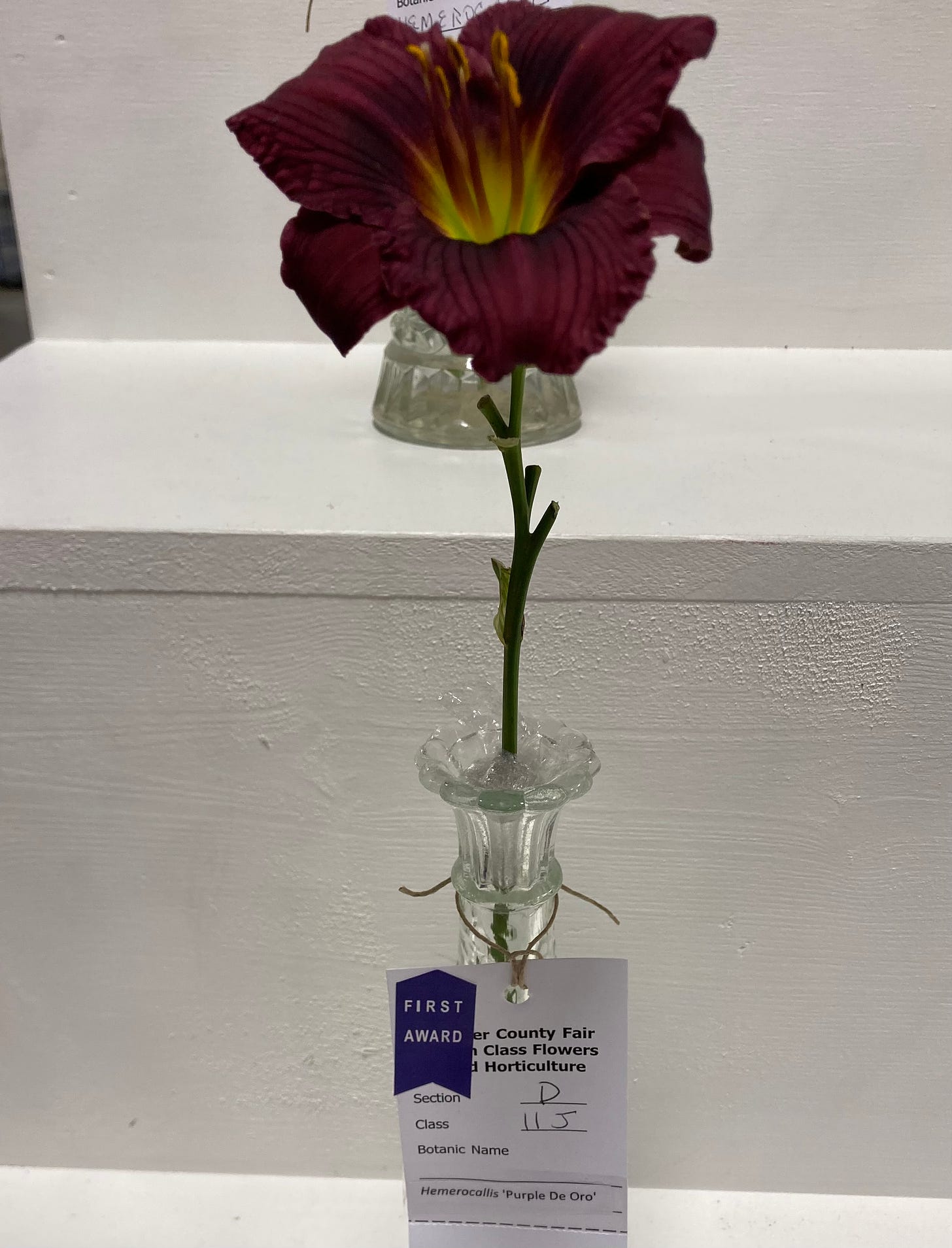Hello Friends in the Computer,
Someone emailed and asked me why I’m optimistic about the potential A2J applications of the new wave of artificial intelligence tools. I wanted to write something about that anyway since I really want legal tech companies with professional advanced AI tools in development to also work towards A2J beyond “faster pro bono”, so here’s a lightly edited/expanded cut/paste of my emailed response:
I think my optimism - tempered by the fact before the access to justice crisis can be truly solved we need a legal regulatory reform, equitable access to content, and process improvement in legal institutions, among other things - comes from ignoring all the ChatGPT/Bard/etc noise and not overly worrying about commercially or publicly available LLM-backed artificial intelligence tools and instead thinking about what models that have been developed and trained on legal centric content are doing/can do.
I think a really good example is the “research assistant” tool forthcoming from vLex that was demoed at AALL in the “bridging data silos” session. (And it should be noted that it uses a combo of “old fashioned” AI and the LLM backed type.) It can summarize large collections of primary law, and answer questions and provide citations that support the answer (which can be then read in their entirety or it presents the relevant snippet for quick review). Both of those workflows could be very useful to a lay person.
It also adds in some docket analysis. Besides summarizing and generating content, LLM tools are also good at eDiscovery and contract review type analysis work. (Someone told me that a recent test showed that LLMs have something like a 99% success rate at finding relevant documents vs 96% for humans.) I’d love to see these types of tools available to the general public.
Imagine if a lay person could upload a potential filing /demand letter/ that type of thing and it flags potential problems based on a corpus of similar materials that have been human reviewed. Perhaps offer suggestions of alternative text to use and if we really want to get wild and crazy, provide some “probability of success” analytics.
Is that UPL? I’m sure some people will say yes but it’s basically a form book on steroids to my mind. And instead of sending loads of unprepared people into an already overburdened court system like some ideas that have been floated recently, it may serve to help unclog the courts if people are presented with probabilities of success and can make informed decisions about whether or not to proceed.
But of course, to work it will take a lot of human work and access to training data. Which..yeah.
Obviously when we talk about improving A2J, there’s a wide variety definitions of “access” and “justice” at play and myriad goals of participants. When I worked more directly with lay people navigating legal and governmental institutions without professional help, I saw many definitions of a successful outcome: some wanted vengeance, some wanted compensation in an attempt to be made whole/fix what was broken, some wanted a defense/defender against a system/person that had done them wrong, some actually had representation and simply wanted to understand what was going on, and some just needed an acknowledgment that a wrong had been done to them. And that’s just off the top off my head. So before writing off any technology enhanced A2J tool, especially if you have no knowledge of or experience with street law, please remember that there’s more than just court victories as possibilities.
Are ChatGPT fanboys/girls/NBs annoying? Yes, but that doesn’t mean I’m going to completely write off the possibility that these tools could be useful to making this crisis better.
Are we there yet? No. Perhaps not even close.
Is it going to be easy to do? Absolutely not.
But is it worth watching developments in this field and looking for potential use cases when all available options are stalled or moving unbearably slow? Yes. I think so.
Be well,
Sarah
p.s. I won a blue ribbon at the county fair for one of my day lilies!





Excellent post and congrats on the gorgeous prize-winning flower.